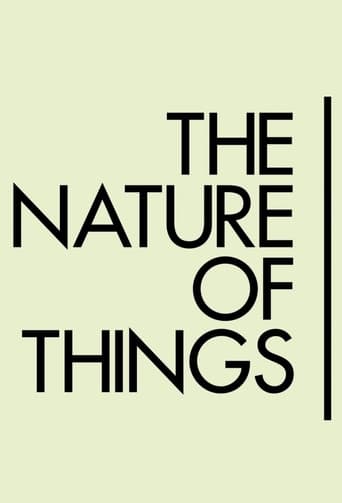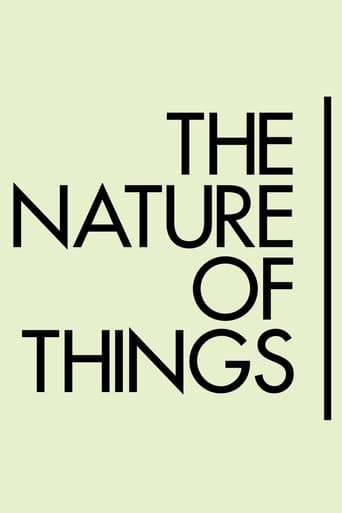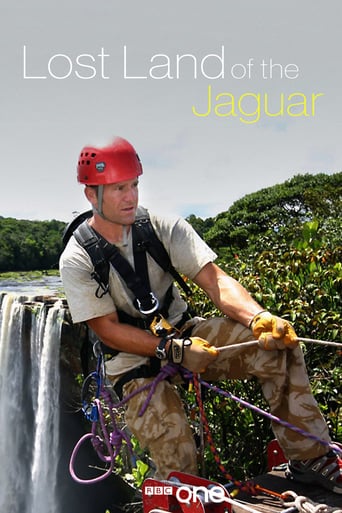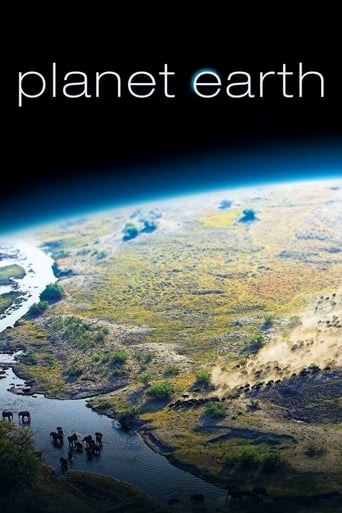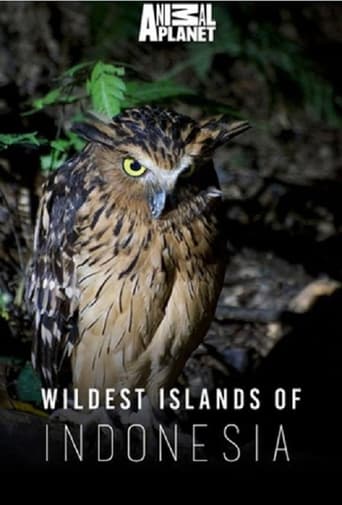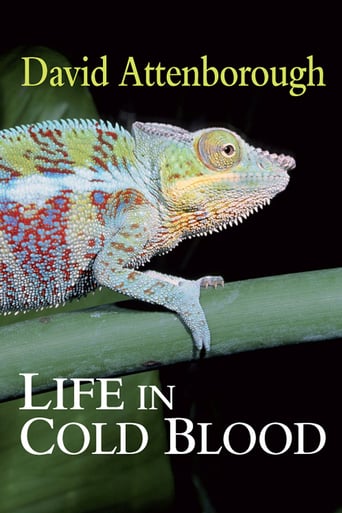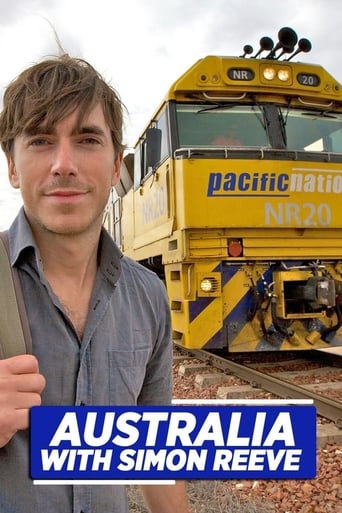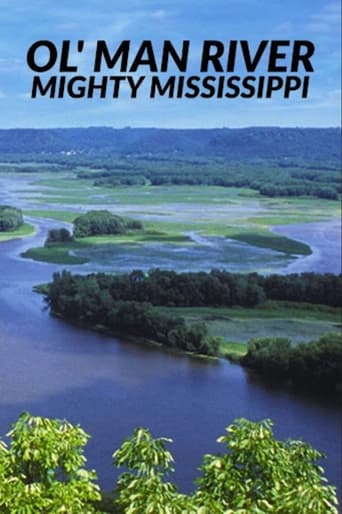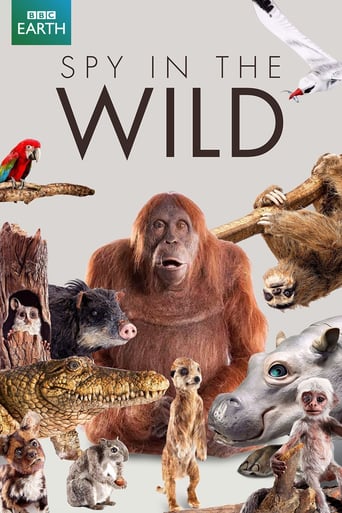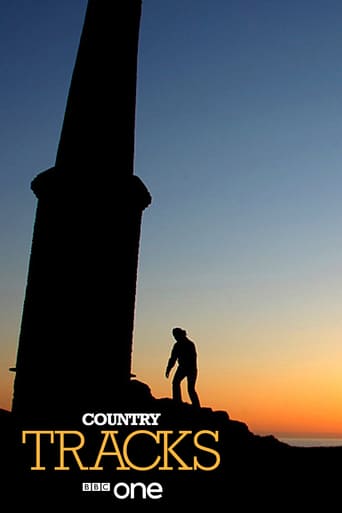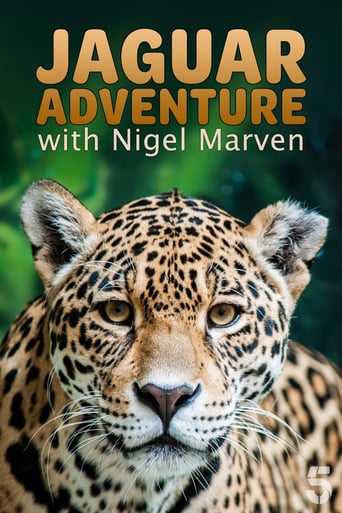The Nature of Things Season 50
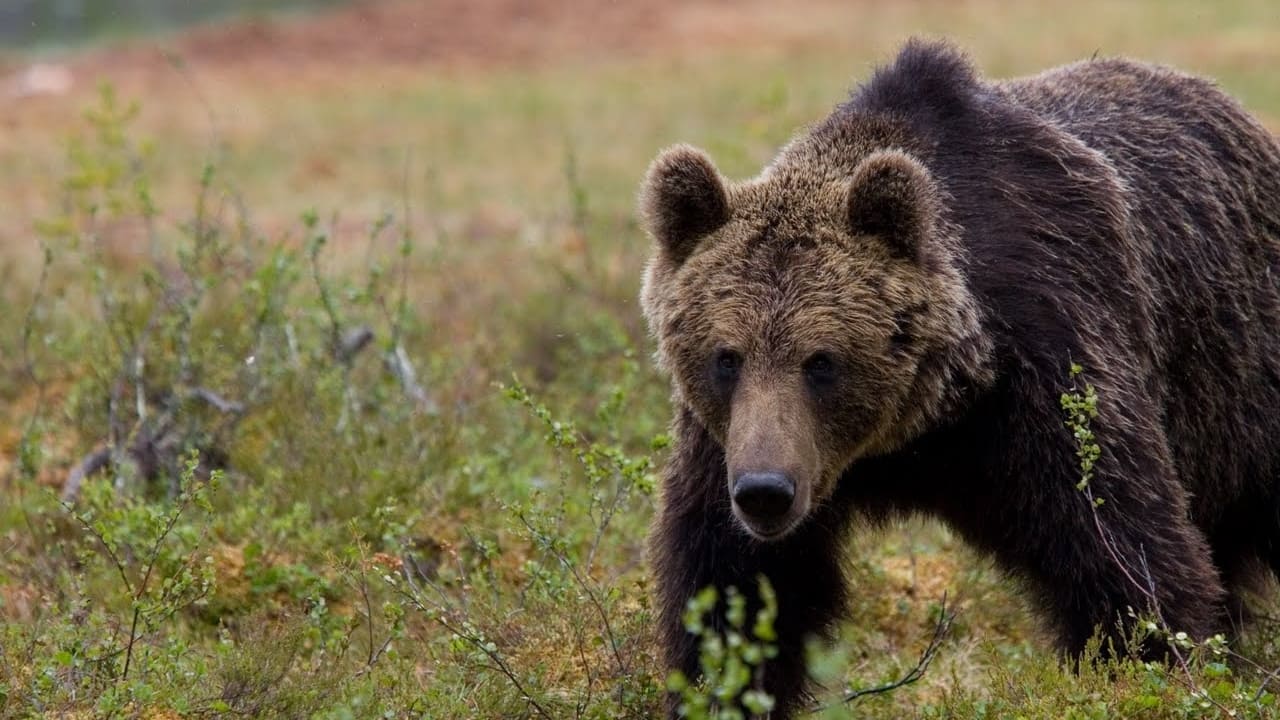
The Nature of Things is a Canadian television series of documentary programs. It debuted on CBC Television on November 6, 1960. Many of the programs document nature and the effect that humans have on it. The program was one of the first to explore environmental issues, such as clear-cut logging. The series is named after an epic poem by Roman philosopher Lucretius: "Dē Rērum Nātūrā" — On the Nature of Things.
Watch NowWith 30 Day Free Trial!
The Nature of Things
1960 / TV-PG
The Nature of Things is a Canadian television series of documentary programs. It debuted on CBC Television on November 6, 1960. Many of the programs document nature and the effect that humans have on it. The program was one of the first to explore environmental issues, such as clear-cut logging. The series is named after an epic poem by Roman philosopher Lucretius: "Dē Rērum Nātūrā" — On the Nature of Things.
Watch Trailer
With 30 Day Free Trial!
The Nature of Things Season 50 Full Episode Guide
A celebration of half a century of a landmark science and natural history series, and an unrivaled Canadian institution.
Save My Lake is a TV documentary episode.
David Suzuki, scientist, educator, broadcaster and activist, delivers what he describes as 'a last lecture' interwoven with scenes from his life and lifetime – the major social, scientific, cultural and political events of the past 70 years.
In James Cameron's film, Avatar, an alien tribe on the distant planet of Pandora fights the human invaders bent on mining their forest home. Instead of Pandora, think Peru.
Is your garbage can making raccoons smarter? Stunning footage shot in the deep, dark of night combines with groundbreaking research in this fascinating documentary to explore the remarkable ways that city life is changing raccoons.
Revisiting the 2009 release of nearly extinct black-footed ferrets in Saskatchewan to see what happened.
Filmmaker Jeff Turner documents grizzly bears in the Northern Cascades of British Columbia.
Tipping Point: The Age of the Oil Sands is a two-hour visual tour de force, taking viewers inside the David and Goliath struggle playing out within one of the most compelling environmental issues of our time
Who were the first peoples of North America? Anthropologist Niobe Thompson embarks on a voyage of scientific discovery, using the latest in DNA analysis techniques to unlock the secrets behind humanity's earliest appearance in the Americas.
Learning and discussing the consequences of magnetic pole inversion.
The fiery unpredictability of Indonesia’s volcanoes at one end, the massive Himalayas at the other and millions of years of tectonic tension in between. The collision zone of the old world is about to be the hub of the new. India, the Himalayas and the island arc of Indonesia - these lands will form the centre of the world’s next supercontinent.
Nick Eyles continues to explore the Pacific Rim, this time looking at the west coast of North America.
Focusing on the Asia-Pacific side of The Pacific Rim of Fire, which stands as a living testament to the beauty and danger that powerful geologic forces can deliver. The Pacific Rim is home to half of the world's active volcanoes and ninety percent of the world's earthquakes, yet nearly 800 million people continue to live within its violent edge.
For millions of years the East African Rift has been widening at the seams, tearing the African plate in two.
Traverse the Eurasian plate across Europe — from Iceland, where new land is formed - to the Alps, where old land is destroyed.
An intimate look at the bond that is formed between humans and baby orphaned elephants at the David Sheldrick Wildlife Trust rehabilitation centre just outside of Nairobi, Kenya.
Once thought to be incapable of fundamental change, our growing awareness of the adult brain's capacity for neuroplasticity is opening new doors to treatments for diseases and disorders once thought incurable.
The octopus is a close cousin of the oyster and snail. And yet, even by human standards the multi-limbed creature is considered highly intelligent. From Spain to Vancouver Island to Capri, Italy, scientists are testing the brain-power of the mysterious and mythic octopus.
Free Trial Channels
Seasons


